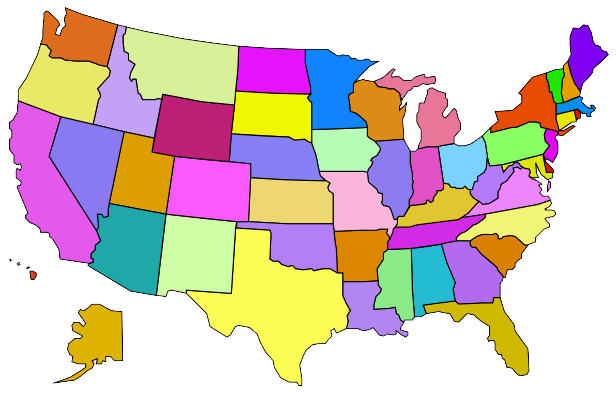The Orff Echo Editorial Board is soliciting articles for the Fall 2020 issue. The featured topic is “Artistic Citizenship.” The deadline for submissions is February 15, 2020.
“Artistic Citizenship” seeks to explore how “participatory music- and arts- making” (as opposed to passively receiving “presentational art”) helps us evolve not only as individuals, but also as a society, a community.
We invite various types of submissions, such as (1) philosophical and theoretical work reflecting the application of the Schulwerk; (2) interpretation and adaptation of Orff pedagogical techniques for music and other teachings; (3) empirical and/or historical research related to the Schulwerk; (4) articles that support AOSA’s diversity statement.
We encourage writers to consider the following questions:
1) How are music and other arts implemented (or not) within the Orff Schulwerk setting, with a goal to raise consciousness and create compassion for others?
2) How have music, dance, speech, and drama helped build values and skills in democratic citizenship within the Orff Schulwerk classroom?
3) What principles, practices, and facilitative skills do Orff Schulwerk teachers bring to the classroom to support students working together with the capacity to care, cooperate, communicate, and come to a consensus to create a unified composition, to make a statement, and so on?
4) Thomas Torino has observed how community folk dance routines support citizenship on a broader level. Do you see this with your students? How does this manifest in your classroom?
5) Andrew Leiss, in his biography of Carl Orff, described “world theater” as the performance outcome of early Orff Schulwerk. This is a presentation involving speech, music, movement, singing, and playing instruments that expresses the performing community’s deeply held beliefs. How can/does the Orff Schulwerk classroom accomplish this? Can this be brought into the community?
6) Some songs become well-known rallying songs that transcend cultural groups and generational divides. What current songs with this potential have you used in your classroom? What choral pieces are demonstrating this capacity?
7) In their book, Artistic Citizenship, editors David Elliot and Marissa Silverman pose the question, “How can school and community arts education programs develop young people’s habits of heart and mind in and through socially responsible art-making?” In your experience, what is your answer to this question?
8) Music still plays a featured role in helping us memorialize major life events and transitions (e.g., music for recreation, at the bedside, weddings, blessings, birthdays, holidays, funerals, sports events). How did music in the past fulfill other roles? Are there ways in which it has been “left behind?” In what ways can Orff Schulwerk practitioners play a part in restoring music to the community?
The Orff Echo Editorial Board is always interested in original research and informative articles covering all aspects of Orff Schulwerk and music education, such as movement, play, singing, assessment, and curricular planning. Our format allows for submissions dedicated to your area of interest in addition to our featured topic.
Please contact Christine Ballenger (ceborff@gmail.com), Martha O’Hehir (martha.aosa.echo@gmail.com), or Matthew Stensrud (mstensrud@gmail.com) with submissions or questions regarding the Fall 2020 issue, “Artistic Citizenship.” For general questions about The Orff Echo, send inquiries to Linda Hines (echoeditor@aosa.org).
Articles can be submitted using the Echo Articles Submission Form.
